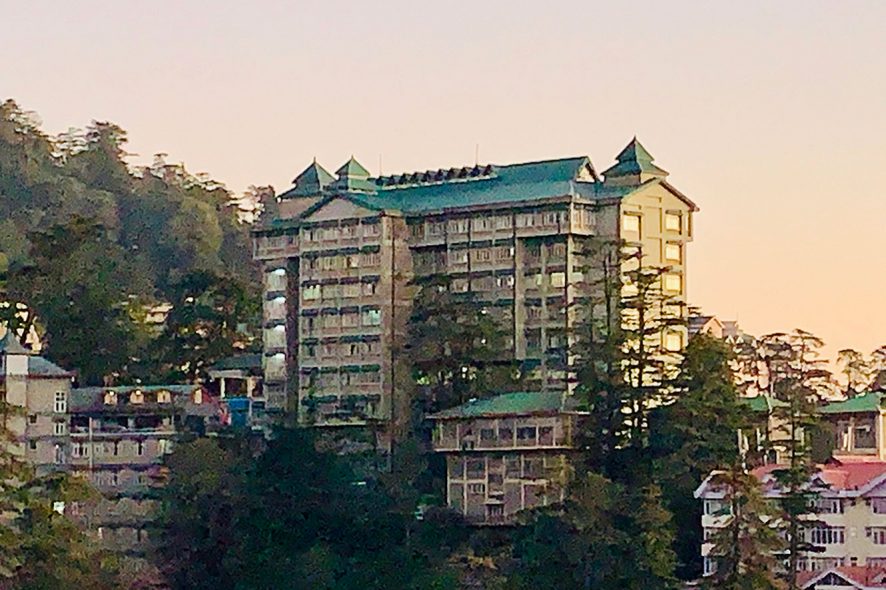High Court of Himachal Pradesh: While deciding a revision petition filed under Sections 397 and 401 of CrPC, a Single Judge Bench comprising of Tarlok Singh Chauhan, J. acquitted the petitioner on the basis of irregularities in the evidence of partisan witness.
The petitioner- a bus driver, was accused of causing death of the deceased by rash and negligent driving. He was convicted under Sections 279 and 304A of IPC by the Trial Court. His conviction was mainly based on the testimony of an interested witness- sister-in-law, of the deceased. The petitioner challenged his conviction on the ground that reliance could not be placed on such evidence as the witness was an interested witness being the sister-in-law of the deceased.
The High Court perused the record and referred to a number of Supreme Court decisions to discuss the law on the admissibility of the testimony of an interested witness. The High Court was of the opinion that it is well settled that the evidence of interested witnesses is to be scrutinized with care but cannot be rejected merely on the ground of being a partisan evidence. If on a perusal of the evidence the Court is satisfied that the evidence is creditworthy there is no bar on the Court relying on the said evidence. Interested evidence is not necessarily unreliable evidence. Even partisanship by itself is not a valid ground for discrediting or rejecting sworn testimony. Nor can it be laid down as an invariable rule that interested evidence can never form the basis of conviction unless corroborated to a material extent in material particulars by independent evidence. All that is necessary is that the evidence of interested witnesses should be subjected to careful scrutiny and accepted with caution.
However, on a careful scrutiny and corroboration of the evidence of the said interested witness, it was found that there were irregularities in her evidence in material particulars. The prosecution story which was mainly based on her evidence did not find confidence with the Court. Accordingly, the petition was allowed and the petitioner was acquitted of the charges. [Rakesh Kumar v. State of Himachal Pradesh, 2017 SCC OnLine HP 1720, order dated 18.12.2017]







